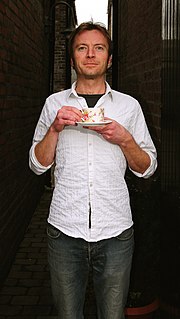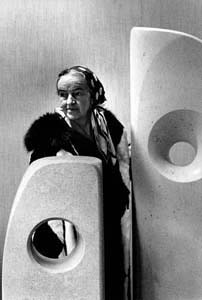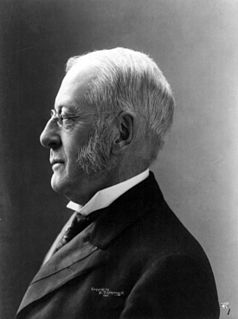A Quote by Ernest Hemingway
If a writer stops observing he is finished. Experience is communicated by small details intimately observed.
Quote Topics
Related Quotes
Sculpture is, in the twentieth century, a wide field of experience, with many facets of symbol and material and individual calligraphy. But in all these varied and exciting extensions of our experience we always come back tot the fact that we are human beings of such and such a size, biologically the same as primitive man, and that it is through drawing and observing, or observing and drawing, that we equate our bodies with our landscape.
I feel that adolescence has served its purpose when a person arrives at adulthood with a strong sense of self-esteem, the ability to relate intimately, to communicate congruently, to take responsibility, and to take risks. The end of adolescence is the beginning of adulthood. What hasn't been finished then will have to be finished later.
The writer is a spiritual anarchist, as in the depth of his soul every man is. He is discontented with everything and everybody. The writer is everybody's best friend and only true enemy-the good and great enemy. He neither walks with the multitude nor cheers with them. The writer who is a writer is a rebel who never stops



































